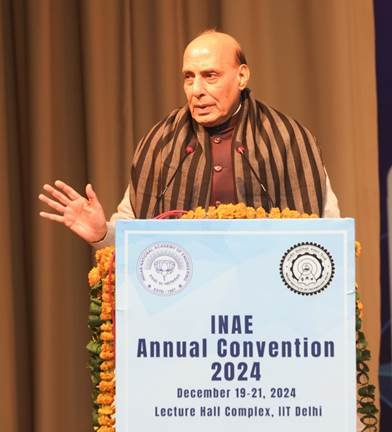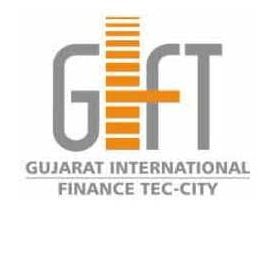India’s digital transformation market potential to reach $710bn by 2024
Artificial Intelligence is a Kinetic enabler for the growth of Indian technology ecosystem and the Government will create AI which will have built into it the qualitative elements of risk management and ethical use, Rajeev Chandrasekhar, Minister of State for Skill Development, Entrepreneurship and Electronics and Information Technology (MeitY) told a conference.
“We will create AI which will have built into it the qualitative elements of risk management and ethical use,” said Chandrasekhar, pointing out that Artificial Intelligence can be a big business for some, but for the Government, it means use of AI – algorithms, layers on existing stacks to improve Governance delivery, agricultural programmes, defence, security and intelligence related programmes, revenue/tax collection as well as programmes related to Justice and Law.
Speaking at the 5th ASSOCHAM Conference, ‘Artificial Intelligence for Resilient Growth’, organized by The Associated Chambers of Commerce and Industry (ASSOCHAM) through Virtual mode on 27 Oct 2021, Chandrasekhar highlighted three major factors that shall create tremendous momentum for the growth of AI in India.
First, India will soon become the largest connected Nation as the rural broadband connectivity programme Bharat Net seeks to connect rural households with Internet. At present, there are around 800 million Indians using the Internet. This figure is expected to cross 100 crores over the next 2 years.
Second, the Digital India Campaign has already positioned India as a leader in innovation in public services such as Fintech, Health and Education.
Third, the accelerated digitalization of the government and the overall economy shall increase the rate of digital adoption in the country.
“India’s digital transformation market has the potential to reach US$710 billion by 2024 which is a 74.7% growth. Also, Artificial Intelligence is expected to add around US$15.7 trillion to the global economy by the year 2030 which is at present the combined output of both India and China put together,” said Vineet Agarwal, President, ASSOCHAM and Managing Director, Transport Corporation of India Ltd..
Agarwal also explained that the artificial intelligence could be the source of resilient growth in India. “Artificial Intelligence engines feed and generate a lot of data, so it is extremely important not only to protect and secure the data but also the rights of the citizens.”
Kulmeet Bawa, President and Managing Director, SAP Indian Subcontinent, stated that the pandemic has accelerated the adoption of tools like Artificial intelligence.
“India has the potential to become a US$1 trillion digital economy. There is a need to make some fundamental changes at the organisational level to help them get a competitive advantage over others,” he said.
He explained that Artificial Intelligence can be effectively used in sectors like healthcare which would give a boost to preventive healthcare segment.
But there is a need for technology and science to come together to solve issues faced by the world, underlined Dr Rohini Srivathsa, National Technology Officer, Microsoft India, speaking on the sustainable future.
“On issues like climate change, there is a need to join hands with the global community to address the challenges. The power of data can be used to find solutions to such issues,” she said.
“Artificial Intelligence has the potential to add US$957 billion of Indian economy by the year 2035,” stressed Dr Lovneesh Chanana, Chairman, ASSOCHAM National Council on IT/ITES & eCommerce. “People are not only the users of data but also feed to it. The Government and stakeholders need to take care of this aspect.”
Dr Chanana pointed out that the time has come to develop a tendency to accept smart machines as co-workers. “Technology has already started reshaping the thought process.” #technology #investment /fiinews.com










